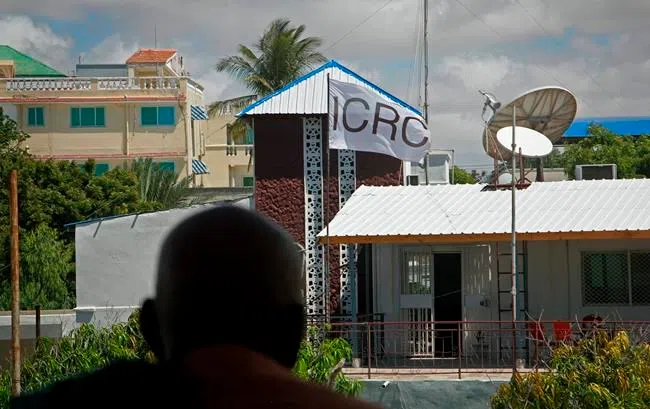
German nurse’s abduction in Somali capital raises fears
MOGADISHU, Somalia — As night fell, gunmen sneaked into the International Committee of the Red Cross compound in Somalia’s capital through a back door and seized a German nurse and a local colleague before forcing them outside and into a waiting car.
The daring attack, carried out despite the presence of nearly 10 security guards, struck fear once again into the aid community in Somalia, one of the world’s most dangerous countries for humanitarians. The ICRC said it was evacuating 10 non-Somali staffers to Kenya and “winding down” activities in parts of Somalia outside the capital.
Wednesday night’s abduction of the nurse, identified by a colleague as Sonja Nientiet, came a day after a Somali staffer with the World Health Organization was shot dead at close range in a market elsewhere in Mogadishu. And in March, a local Red Cross staffer died of his injuries after a bomb attached to his vehicle exploded near the aid group’s office.
Hundreds of soldiers were deployed across Mogadishu on Thursday as security officials said they believed the kidnappers had remained in the capital after abandoning their car not far away. The nurse’s Somali colleague told security officers he managed to escape after one of the car’s tires blew out.
